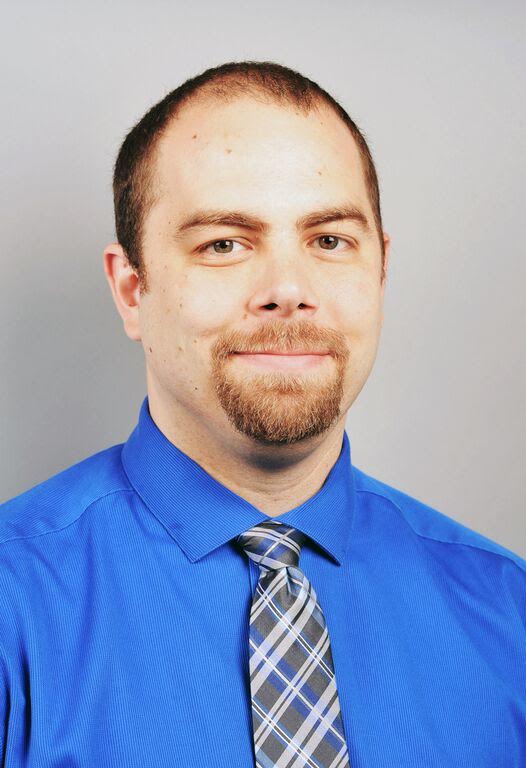David Kelly, CHFP serves as director of the revenue cycle at Mary Rutan Hospital.
On Friday, Sepember 22, Mr. Kelly will speak on a panel at Becker's Hospital Review 3rd Annual Health IT + Revenue Cycle Conference. As part of an ongoing series, Becker's is talking to healthcare leaders who plan to speak at the conference, which will take place September 21 through September 23 in Chicago.
To learn more about the conference and M. Kelly's session, click here.
Question: Please share the state of revenue cycle management at your organization. What is your payer mix? What about your revenue cycle is working well, what needs improvement and what do you find yourself spending more time on?
David Kelly: I think that our organization's revenue cycle works fairly well. On an arbitrary sclae of one to 10, for our size institution, I'd give us an eight. We have about 62 percent governmental payers with the rest being managed care, workers compensation and self pay. We have undertaken significant effort in the last three years to centralize and streamline post-scheduling services. So to get from an eight to a 10 on that scale, we need to continue to work with operations on our front end processes. We also struggle with timeliness of documentation and charges in some areas, so working with providers and clinical staff is very critical. Our revenue management, denial management, charge integrity and patient access processes are performing very well, and we see ourselves as a leading practice when it comes to customer availability (hours available for calls and options for assistance, payment, etc.), as well as when it comes to hospital price transparency.
Q: How have alternative payment models affected your line of work? Can you share 3 specific steps, if any, has your organization taken to adapt to bundles and ACO payments?
DK: We are fortunate to have some strong contracts and a good market position where we haven't been hit as hard by non-governmental moves to bundles or value based payments, and we are not in any of the mandatory demonstration areas for governmental payers. That said, as CMS continues to move toward value we are working hard to manage reimbursement there, with the key step being to implement a contract or reimbursement management software that compares our contracts to our actual reimbursement to find variances. We have also undertaken strategic CDM analysis every year to find opportunities to adjust our charge mechanisms to improve transparency and defensibility, while maximizing reimbursement due to bundling (all while staying compliant, of course).
Q: Percent-wise, roughly how much of your revenue cycle is automated? Do you plan to maintain that percent or increase in the next 1-2 years? What effects have you seen from automation, good or bad?
DK: --
Q: What is one investment you've made in RCM that has surprised you in terms of ROI? How so?
DK: Surprises seem hard to come by when it comes to RCM investment. It's a highly quantifiable area of healthcare, and we work hard to complete strong diligence when evaluating any vendor or software. One of the less quantifiable areas in terms of direct ROI, though, is our work in 2016 to create a standard training program for front-end staff within our ambulatory clinics. I think it is improving their integration into the organization, while also yielding downstream denials and quality assurance improvement. It's been very successful, and we're expanding the program to the facility portion of the organization in 2017.

